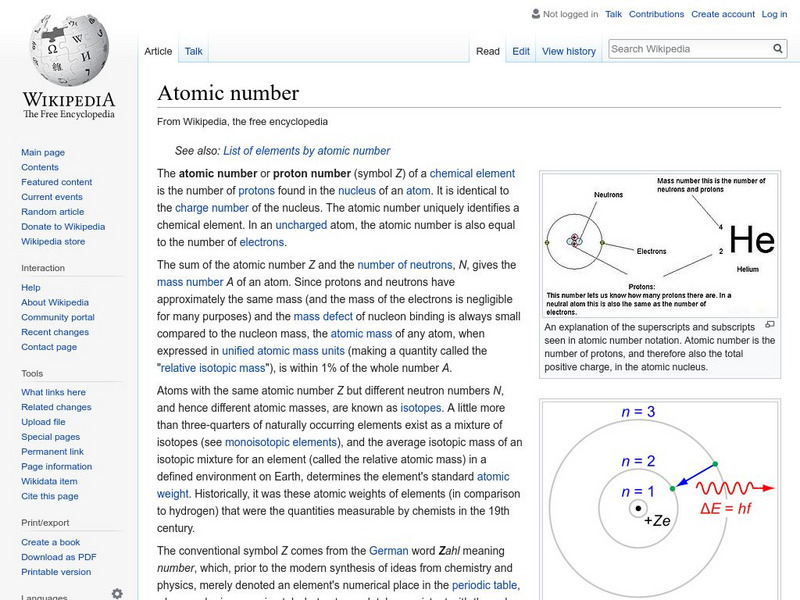Hi, what do you want to do?
Other
Chemguide: Electronegativity
This page explains what electronegativity is, and how and why it varies around the Periodic Table. It looks at the way that electronegativity differences affect bond type and explains what is meant by polar bonds and polar molecules.
Ducksters
Ducksters: Chemistry for Kids: Elements Transition Metals
Kids learn about the transition metals of the periodic table. Which elements are in this group. Properties, similarities, and other facts.
Ducksters
Ducksters: Chemistry for Kids: Elements: Nonmetals
Kids learn about the nonmetals of the periodic table. Which elements are in this group. Properties, similarities, and other facts are found on this site.
Ducksters
Ducksters: Chemistry for Kids: Elements: Alkali Metals
On this site, investigate the alkali metals of the periodic table. Find out which elements are in this group, properties, similarities, and other facts.
Ducksters
Ducksters: Chemistry for Kids: Elements: Metalloids
Kids learn about the elements that are considered metalloids on the periodic table. This site describes the properties, similarities, and other facts.
Ducksters
Ducksters: Chemistry for Kids: Elements: Halogens
Explore the halogens of the periodic table. Learn about which elements are in this group and the properties, similarities, and other facts.
CK-12 Foundation
Ck 12: Physical Science: Elements
[Free Registration/Login may be required to access all resource tools.] Explores elements and their different properties, the history of elements, and how atoms relate to elements.
Wikimedia
Wikipedia: Atomic Number
Wikipedia provides the definition of the term, "Atomic number," a term used in chemistry and physics to represent the number of protons in the nucleus of an atom.












